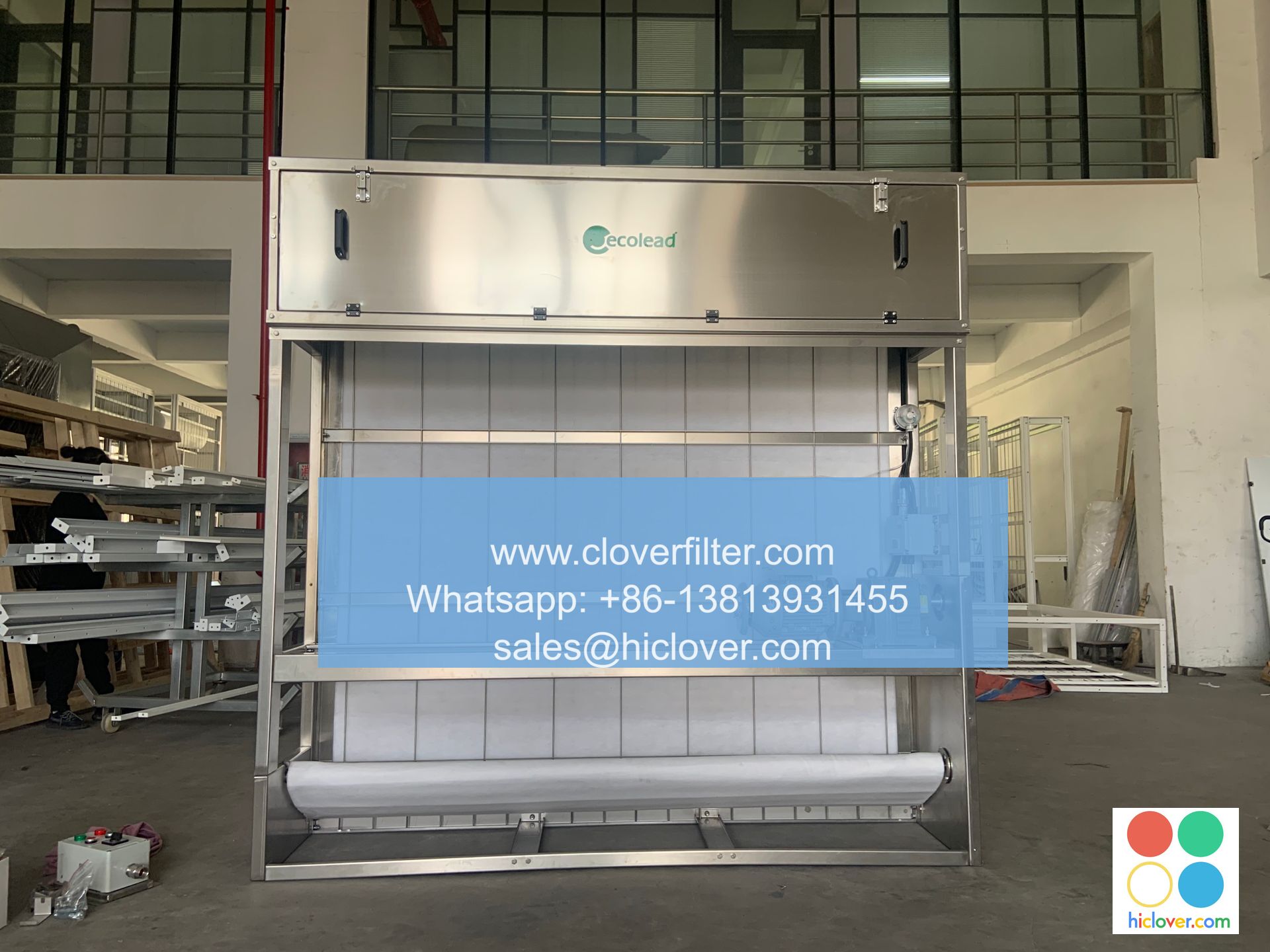Understanding Air Filter Types: A Comprehensive Guide

Understanding Air Filter Types: A Comprehensive Guide
Introduction
Air filters are an essential component of various systems, from HVAC to industrial processes, and are designed to improve air quality by removing impurities, pollutants, and contaminants. With numerous types of air filters available, it can be overwhelming to understand their differences and choose the right one for your application. In this article, we’ll explore the various types of air filters, their features, and applications, helping you make an informed decision for your specific needs.
Mechanical Air Filters
Mechanical air filters are the most common type of filter and work by using a physical barrier to capture particles, dust, and other impurities. They are typically made of synthetic or natural fibers, metal mesh, or paper, and are effective in removing dust, pollen, and other large particles.
Key Features:
- Low cost
- High particle capture efficiency
- Simple maintenance
- Limited effectiveness against gases and odors
Applications:
- HVAC systems
- Industrial ventilation
- Commercial buildings
- Residential use
Active Carbon Air Filters
Active carbon air filters, also known as activated carbon air filters, use activated carbon to adsorb (attract and trap) impurities, gases, and odors. They are effective in removing volatile organic compounds (VOCs), chemical fumes, and gaseous pollutants.
Key Features:
- Highly effective against gases and odors
- Low capture efficiency for particles
- Requires frequent replacement
- Can release pollutants back into the air if not replaced regularly
Applications:
- Industrial processes
- Laboratory environments
- Medical facilities
- Home use for odor control
HEPA Air Filters
High-Efficiency Particulate Air (HEPA) filters are designed to capture 99.97% of particles as small as 0.3 microns, making them highly effective against allergens, dust, and other small particles. They are commonly used in HVAC systems and are a popular choice for residential use.
Key Features:
- High particle capture efficiency
- Can capture small particles
- Effective against allergens and dust
- Can be noisy during operation
Applications:
- Residential HVAC systems
- Commercial building HVAC systems
- Industrial processes
- Home insulation and construction
UV Air Filters
Ultraviolet (UV) air filters use ultraviolet light to kill bacteria, viruses, and other microorganisms, improving indoor air quality and reducing the risk of illness. They are commonly used in HVAC systems and hospitals.
Key Features:
- Effective against bacteria and viruses
- Can reduce allergy and asthma symptoms
- Silent operation
- Limited effectiveness against particulate matter
Applications:
- HVAC systems
- Hospitals
- Medical facilities
- High-traffic public areas
Conclusion
Choosing the right air filter for your application requires understanding the features and benefits of each type. By considering factors such as particle capture efficiency, effectiveness against gases and odors, and noise levels, you can select the best air filter for your specific needs. Whether you’re looking to improve indoor air quality, reduce HVAC costs, or enhance industrial processes, this comprehensive guide has provided you with a solid foundation for making an informed decision. Always remember to carefully evaluate your options and consider factors such as maintenance, cost, and performance when selecting the ideal air filter for your application.
I’m happy to help! However, I need a bit more information about what you’re looking for. Could you please provide a prompt or ask a question?


